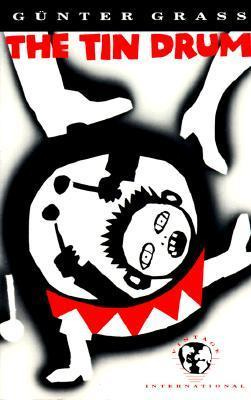I’ve been a real Green Smurf lately, a bit of a rage monster. Don’t know why.
This Week’s Posts
Monday, May 22nd - Stanford Law Students Are Your Class Enemy
Are broad categories of demographics politically determinative, or aren’t they?
Wednesday, May 24th - Psychotic Disorders Do Not Respect Autonomy, Independence, Agency, or Freedom
Attacks on involuntary care that fixate on the question of personal freedom and autonomy ignore the fact that psychotic disorders obliterate those very things.
Thursday, May 25th - The Paradox of Assimilation
The tendency of American-born children of immigrants to reject the assimilationist values of their parents is itself an expression of assimilation into Western liberal culture.
Friday, May 26th - Not If Representation Matters, But How and When It Matters (subscriber only)
Beef is a great show, and that’s why it’s depiction of the Asian American experience is of value - quality comes first.
Please participate in the Beloved book club!
From the Archives
Song of the Week
Non-Garbage Online Reading
Book Recommendation
The Tin Drum, Gunter Grass, 1959
For a long time my pick for my all-time favorite book, or at least favorite novel, Gunter Grass’s masterpiece hit me like a shovel to the face when I first read it in college. It’s the story of Oskar, a German boy with a fairytale-like origin story who responds to his country’s descent into madness by stunting his own growth. In turn, he develops a piercing shriek that bestows him with magical-seeming powers, and he pounds a drum that likewise empowers him in strange ways. Grass was, notoriously, a German soldier in World War II, and perhaps a member of the Waffen SS, though every indication is that he spent his life in philosophical and political objection to the Nazi regime. As is always, always the case, these biographical details and the attendant arguments about them are vastly less interesting than the book itself, which is a somber, spiky, perpetually dyspeptic portrayal of an unpleasant person whose unpleasantness is totally justified. The feelings of ancient folklore that the book conjures up is beguiling, especially the first time you read it, and the book is one of the few artistic attempts to wrestle with the moral depravity of the Holocaust that feels remotely up to the task. I don’t care if Grass was moral. His art was moral.
Comment of the Week
Nice post...resonates with me as I've had many Asian American friends with similar experiences going back to high school and college. I met my now-wife (a children of Indian immigrants that came in the 70's) in college and watched her go through this, although she has always accepted not speaking an Indian language fluently and never felt particularly at home in India. For awhile she was learning formal Hindi but relatives in India would make fun of her for talking like a schoolteacher.
It has been wild to see how our mixed children deal with it. They have grown up much more around their Indian-American relatives. One identifies as white and the other as Indian-American, and they even argue about it. Most people in school and our community assume they are Latino until they know them. Lots of interesting conversations...they of course reserve the right to make fun of either of their parents along racialized lines when it suits their needs! - Jason Munshi-Smith
That’s it. A life update on Monday.








> A life update on Monday.
OMG the suspense. I hope it’s good news. ❤️❤️❤️
Signed up for the Bookclub. Your encouragement worked. Looking forward.